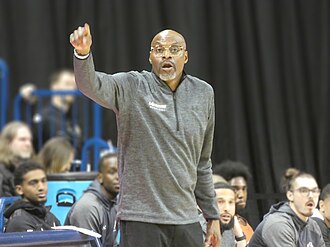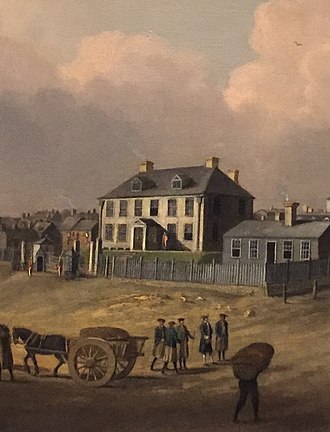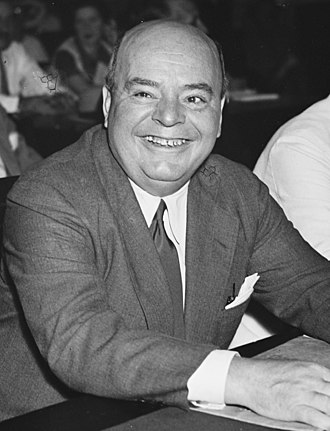Hopson Last Name Origin, History, and Meaning
Where did the surname Hopson come from? What does the surname Hopson mean? Discover the history and meaning of the last name Hopson and family migration on YourRoots Map.
Surname Hopson Origin: What does the last name Hopson mean?
The surname Hopson has its origins in the United States, with records dating back to the early 17th century. The name remained closely associated with the United States from the 17th to the 19th centuries. Notable individuals with the surname Hopson include politicians, athletes, musicians, and businesspeople, reflecting the diverse contributions of those bearing this surname.
According to YourRoots data, the Hopson surname has grown significantly in volume by the 20th century, remaining prominent in the United States. This surname's history showcases a lineage of individuals who have made their mark in various fields, highlighting the enduring legacy of the Hopson name through the centuries.
Hopson Last Name History: Where did the last name Hopson come from?
Origin of Hopson Surname: Where does the last name Hopson originate from?
According to YourRoots data, the surname Hopson first appeared in records from the United States around the early 17th century. Please note that this reflects only YourRoots data for the exact Hopson spelling and does not include other record sources or surname variations.
History of the Last Name Hopson: What does the Hopson surname history look like in the early days?
The Hopson surname remained closely associated with the United States from the 17th to the 19th centuries.
Global Spread: Where can we find the Hopson surname today?
By the 20th century, the volume of records with the Hopson surname grew significantly in the United States. The Hopson surname remains prominent in United States.
Explore Hopson last name heritage and Hopson surname origin based on YourRoots Map data
 VIEW THE ORIGIN OF SURNAME HOPSON
VIEW THE ORIGIN OF SURNAME HOPSONFamous People With Hopson Surame?

Dennis Hopson
Dennis Duane Hopson (April 22, 1965 - ) is a former American basketball player and coach known for his scoring prowess at Ohio State University and in the NBA. As a standout shooting guard and small forward, he excelled on the court, breaking records and earning accolades such as the Big Ten Player of the Year award. After his NBA career, Hopson played internationally before transitioning into coaching, leading teams in various leagues and universities. His impact on the basketball world continues to be felt through his contributions as a player and mentor.

Eben Hopson
Eben Nanauq Hopson (November 7, 1922 – June 28, 1980) was an American politician and Inuit leader from Alaska. Born and raised in Utqiaġvik, he served as the first mayor of the city and founded the Inuit Circumpolar Council. Hopson fought for Inuit rights, including the regulation of subsistence whaling. His legacy is honored with International Inuit Day on his birthday, celebrating Inuit culture. The middle school in Utqiaġvik is named after him, recognizing his contributions to the community and indigenous peoples. Hopson's dedication to advocacy and leadership continues to inspire generations.

Peregrine Hopson
Peregrine Thomas Hopson (5 Jun 1696 – 27 Feb 1759) was a British army officer known for his service during the eighteenth century. Rising to the rank of Major General, he commanded the 40th Regiment of Foot and served as Governor of Nova Scotia. Hopson is celebrated for creating and signing the Peace Treaty of 1752 with Mi'kmaq chief Jean-Baptiste Cope. Leading a major expedition to the West Indies during the Seven Years' War, he tragically died in 1759. His legacy in British military history and diplomacy is remembered annually on Treaty Day in Nova Scotia.

Howard C. Hopson
Howard Colwell Hopson (May 8, 1882 – December 22, 1949) was an American businessman known for founding Associated Gas and Electric (AG&E), one of the largest electricity providers in the early 20th century. Despite his success, Hopson was convicted of defrauding Americans of over $20 million, leading to his imprisonment. His actions led to the passing of significant legislation in the utilities sector. Born in Wisconsin, Hopson rose to prominence through his work in public utilities regulation before venturing into entrepreneurship. His legacy remains a cautionary tale of corruption and its consequences in the business world.

Hal Hopson
Hal H. Hopson (June 12, 1933) is a prolific composer and church musician based in Cedar Park, Texas. Known for his over 3000 published works spanning various musical forms in church music, he has a special focus on congregational song. His cantata, "God with Us," was selected to be placed in a capsule during the American Bicentennial in 1976, to be opened at the Tricentennial in 2076. Hal is also recognized for his conducting and clinician work, having led choral festivals and workshops in the United States, Europe, and Asia. His contributions to music have earned him prestigious titles and inclusion in esteemed publications, solidifying his legacy in the music world.
All images displayed on this page are sourced from Wikipedia or Wikimedia Commons.We use these images under their respective Creative Commons or public domain licenses. Wherever applicable, author attributions and license information are provided. If you believe an image is used incorrectly or outside its license terms, please contact us so that we can review and correct the issue.




.png)